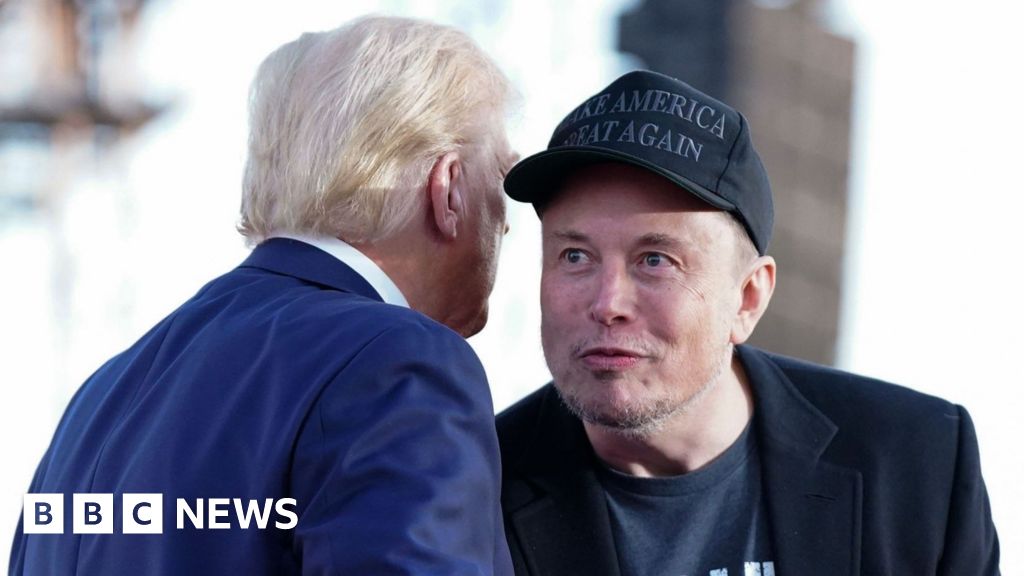Billionaire Elon Musk has been tasked with leading incoming President Donald Trump’s new Department of Government Efficiency (Doge).
In a statement on social media, the US president-elect said Musk – along with former Republican presidential candidate Vivek Ramaswamy – would “dismantle government bureaucracy, slash excess regulations, cut wasteful expenditures, and restructure federal agencies”.
It is a role that the tech entrepreneur has arguably prepared for through his business leadership, and one he has spent months pushing for.
But it is also one that is expected to garner him influence over government policy – and the regulatory environment facing his enterprises.
Musk told a Trump rally in October that he believed the US government’s budget could be cut by “at least” $2tn from about $6.5tn. He has also frequently suggested the number of government employees could be significantly reduced.
Ramaswamy, meanwhile, has put forward plans to scrap a number of federal departments including the Department of Education, the Nuclear Regulatory Commission, the Internal Revenue Service and the FBI.
Railing against regulation
Musk has cast his plans to optimise government efficiency in heroic terms, pointing to his hopes of one day colonising Mars, while arguing that the feat would only be possible “so long as it is not smothered by bureaucracy”.
At the time, he said creating the new Doge was “the only path to extending life beyond Earth”.
Any major cuts to government agencies could also have potentially significant implications for his business interests, which are closely entwined with the government.
Rocket firm SpaceX alone has more than $8bn-worth of ongoing contracts with the US government, according to public contracting sites, and could stand to benefit further from closer government ties.
Meanwhile, his electric car company Tesla is facing investigations from numerous government agencies over issues such as the safety of its self-driving features. His desire to cut regulation could affect such probes.
In recent years, Musk has repeatedly accused regulators of launching trivial probes and standing in the way of his companies.
In September he threatened to sue the Federal Aviation Administration over its plans to fine his SpaceX company $633,000 for alleged licence infringements related to some of its rocket launches from Cape Canaveral in Florida. He accused the agency of “regulatory overreach”.
Musk “stands…
Click Here to Read the Full Original Article at BBC News…

